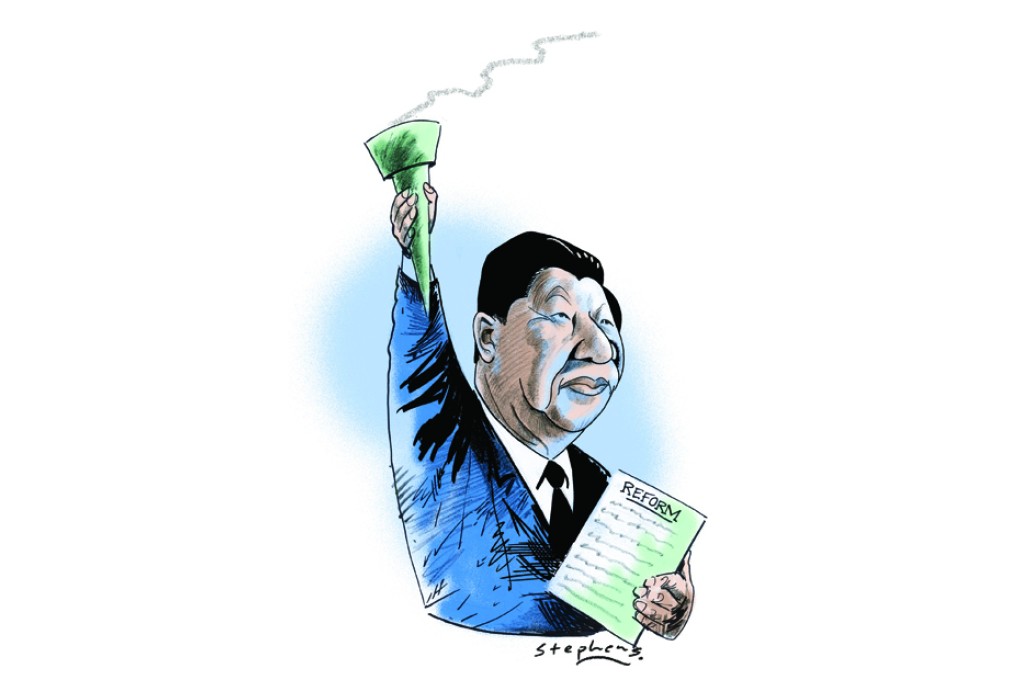New | China's curbs on local government powers won't be enough to stop abuse
David Zweig says recent reforms targeted at reining in local governments' power will help curb some abuse, but in the long run China needs democratic procedures that give voice to people

The strongest criticism of the Communist Party's third plenum in the West, and even from within China, has been over the lack of political reform. Yao Yang, dean of the National School of Development and director of the China Centre for Economic Research at Peking University, made the point in this newspaper last month that without political reform, how far could China's economic liberalisation go? Other liberal voices in China raise similar concerns.
But whether one sees this plenum initiating significant political reform all depends on how one defines the term, as many of the reforms raised call for an enormous amount of political change.

These two separate worlds and this dual urban-rural economy will be replaced by a single market under which villagers will be paid a much more market-driven price for their land, even though they do not formally own it. Also, granting farmers stronger land rights under the "contract" system (though still not full ownership rights), will let them use land as collateral for opening private businesses in the countryside or in small and medium-sized cities.
The reforms will dismantle much of the administration system that underpins the hated household registration ( hukou) system. And while rural migration into large cities will remain limited, farmers will enjoy greater social and geographic mobility than at any time since 1953.
Breaking the local governments' control over land, and slowing the massive land confiscation that has been the fear of many farmers, will resolve the major source of social unrest in China.